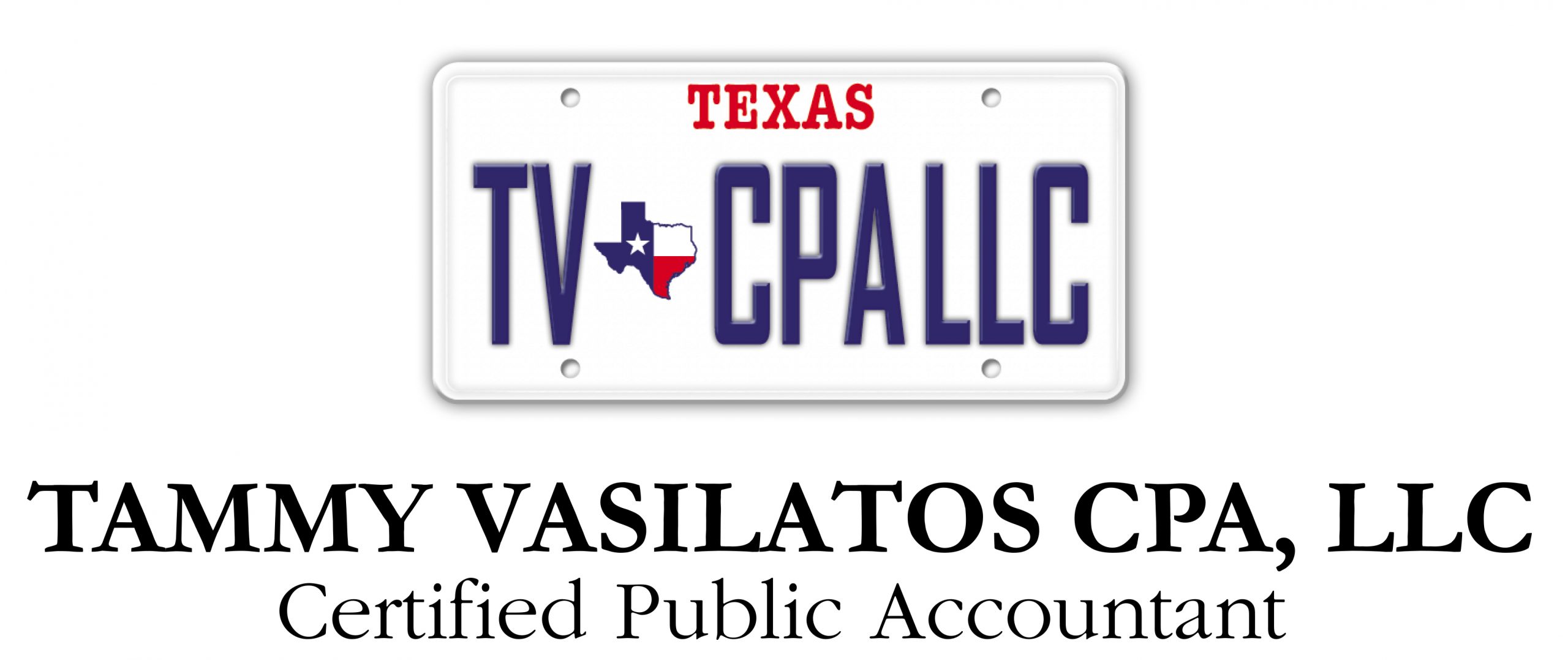IRS Issues 2023 Tax Inflation Adjustments

The IRS announced inflation adjustments for tax year 2023. The items adjusted for annual inflation include tax rate schedules, the standard deduction, and more than 60 other provisions.
New for 2023.
The Inflation Reduction Act (PL 117-169) extended certain energy-related tax breaks and indexed for inflation the energy-efficient commercial buildings deduction beginning with tax year 2023.
For tax years starting in 2023, the applicable dollar value used to determine the increased deduction amount for certain property under Code Sec. 179D(b)(3) is $2.68 increased (up to $5.36) by $0.11 for each percentage point by which the total annual energy and power costs for the building are certified to be reduced by more than 25%.
Highlights of changes in
Rev. Proc. 2022-38. The tax items for tax year 2023 of greatest interest to most taxpayers include the following dollar amounts:
The standard deduction. The standard deduction amounts for 2023 are:
- $27,700 for married couples filing jointly (up from $1,800 in 2022);
- $13,850 (up $900) for single taxpayers and married individuals filing separately.
- $20,800 (up $1,400) for heads of households.
Marginal rates. For tax year 2023, the top tax rate remains 37% for individual single taxpayers with incomes greater than $578,125 ($693,750 for married couples filing jointly). The other rates are:
- 35% for incomes over $231,250 ($462,500 for married couples filing jointly);
- 32% for incomes over $182,100 ($364,200 for married couples filing jointly);
- 24% for incomes over $95,375 ($190,750 for married couples filing jointly);
- 22% for incomes over $44,725 ($89,450 for married couples filing jointly);
- 12% for incomes over $11,000 ($22,000 for married couples filing jointly).
The lowest rate is 10% for incomes of single individuals with incomes of $11,000 or less ($22,000 for married couples filing jointly).
Alternative Minimum Tax. The AMT exemption amount for tax year 2023 is $81,300 (up from $75,900) and begins to phase out at $578,150 ($539,900). The AMT exemption for joint filers is $126,500 and their exemption begins to phase out at $1,156,300 (up from $1,079,800).
Earned income tax credit. The tax year 2023 maximum EITC amount is $7,430 for qualifying taxpayers who have three or more qualifying children, up from $6,935 for tax year 2022. Rev Proc 2022-38 contains a table providing maximum EITC amount for other categories, income thresholds, and phase-outs.
Qualified transportation fringe. For tax year 2023, the monthly limitation for the qualified transportation fringe benefit and the monthly limitation for qualified parking increases to $300, up $20 from the limit for 2022.
Health flexible savings accounts. For the tax years beginning in 2023, the dollar limitation for employee salary reductions for contributions to health FSAs increases to $3,050. For cafeteria plans that permit the carryover of unused amounts, the maximum carryover amount is $610, an increase of $40 from 2022.
Medical savings accounts. For tax year 2023, an HSA participant with self-only coverage must have a high-deductible health plan with an annual deductible of at least $2,650, but not more than $3,950. The maximum out-of-pocket expense amount is $5,300 (up from $4,950 in 2022). For family coverage, the HDHP must have an annual deductible of not less than $5,300 and no more than $7,900 (up $500 from 2022). The out-of-pocket expense limit is $9,650 (a $600 increase over 2022)
Foreign earned income exclusion. For tax year 2023, the foreign earned income exclusion is $120,000 up from $112,000 in 2022.
Unified credit against estate tax. Estates of decedents who die during 2023 have a basic exclusion amount of $12,920,000 (up from $12,060,000 in 2022).
Annual gift tax exclusion. The annual exclusion for gifts increases to $17,000 for calendar year 2023, up from $16,000 for 2022.
Adoption credit and exclusion for adoption assistance. The maximum credit allowed for adoptions in 2023 is $15,950, (up from $14,890 for 2022). Employees who receive adoption assistance can exclude from income up to $15,950 of such assistance.
Items not indexed for inflation. By statute, certain items that previously were indexed for inflation are currently not adjusted. Those items include:
The personal exemption for tax year 2023 remains at 0, as it was for 2022. The personal exemption was eliminated by the Tax Cuts and Jobs Act.
For 2023—as in 2022, 2021, 2020, 2019, and 2018—there is no limitation on itemized deductions, as that limitation was eliminated by the Tax Cuts and Jobs Act.
The modified adjusted gross income amount used by joint filers to determine the reduction in the Lifetime Learning Credit provided in § 25A(d)(2) is not adjusted for tax years beginning after December 31, 2020. The Lifetime Learning Credit is phased out for taxpayers with modified adjusted gross income in excess of $80,000 ($160,000 for joint returns).
